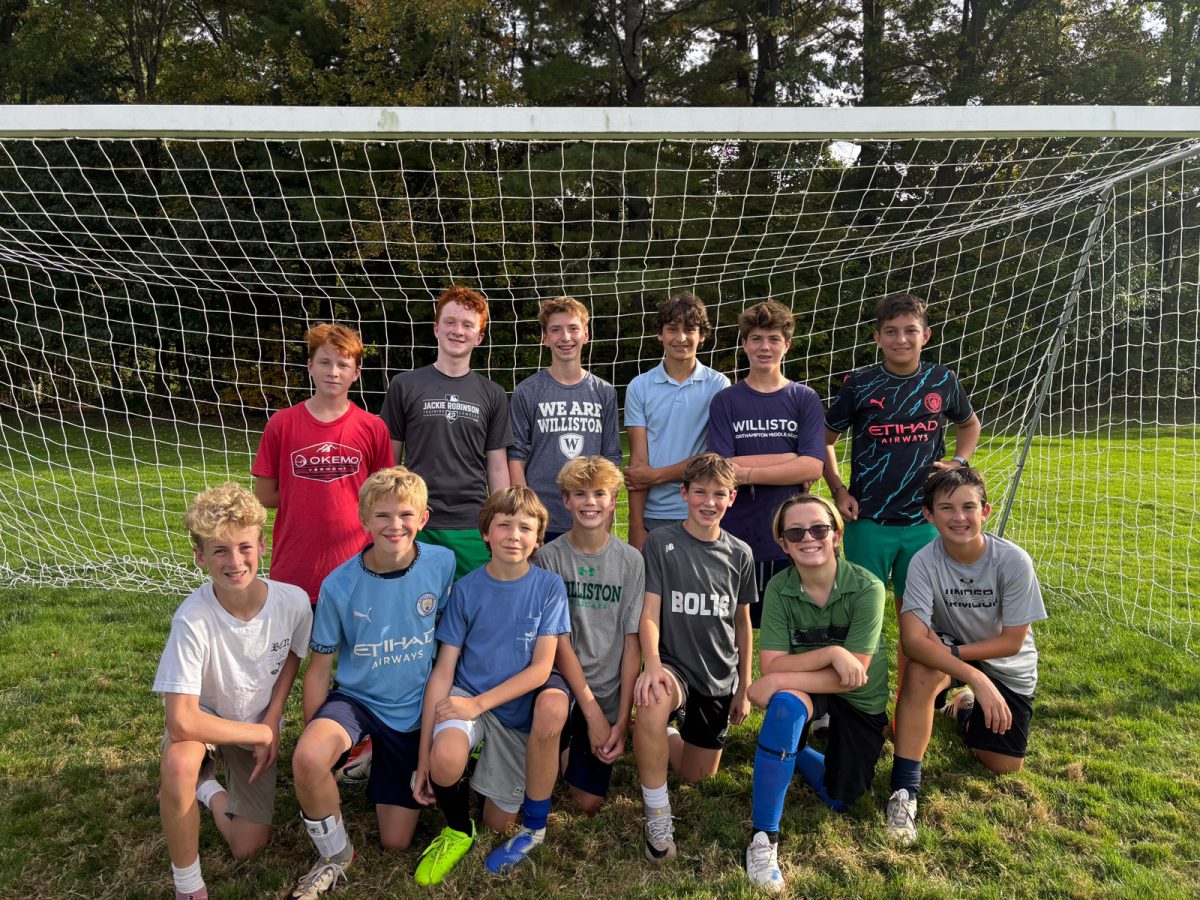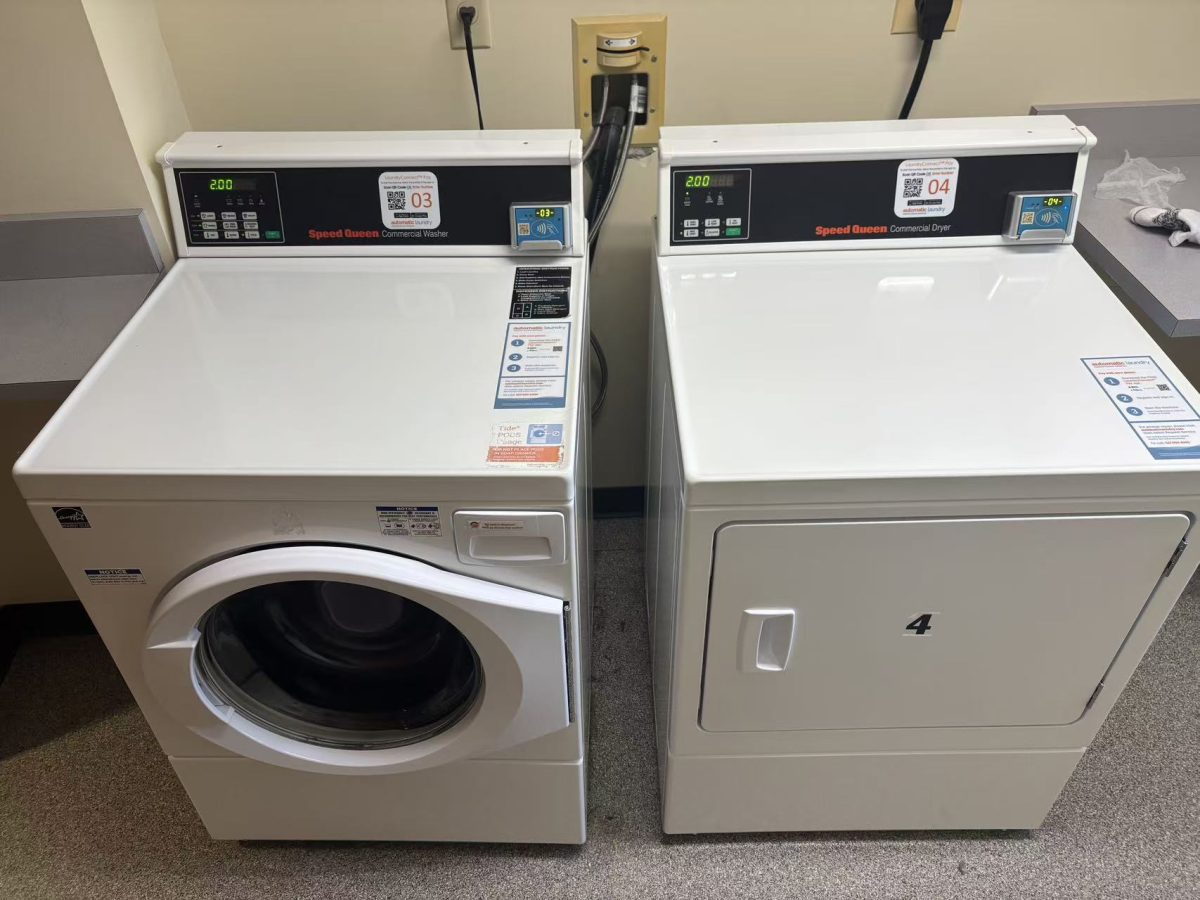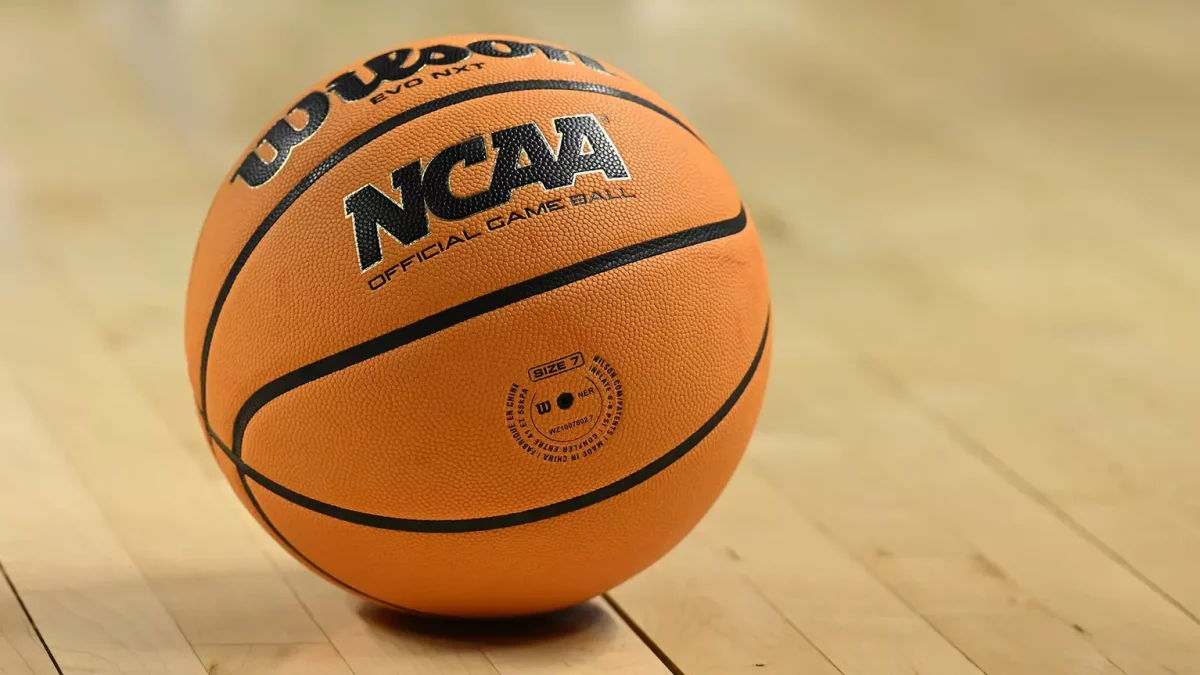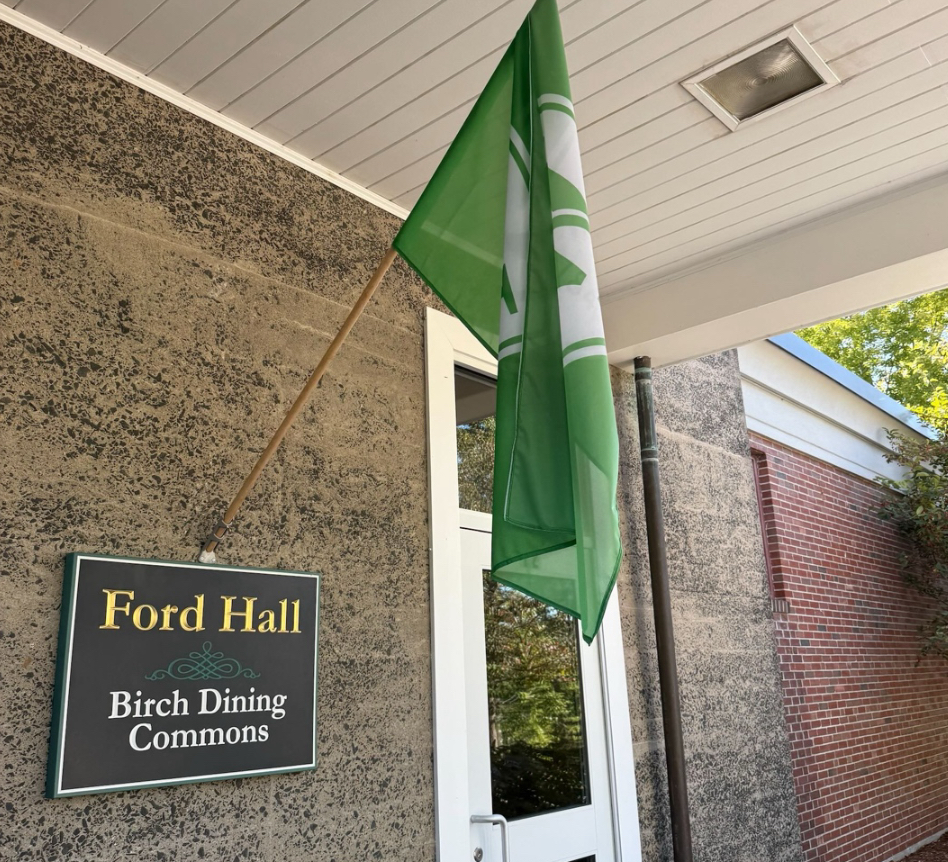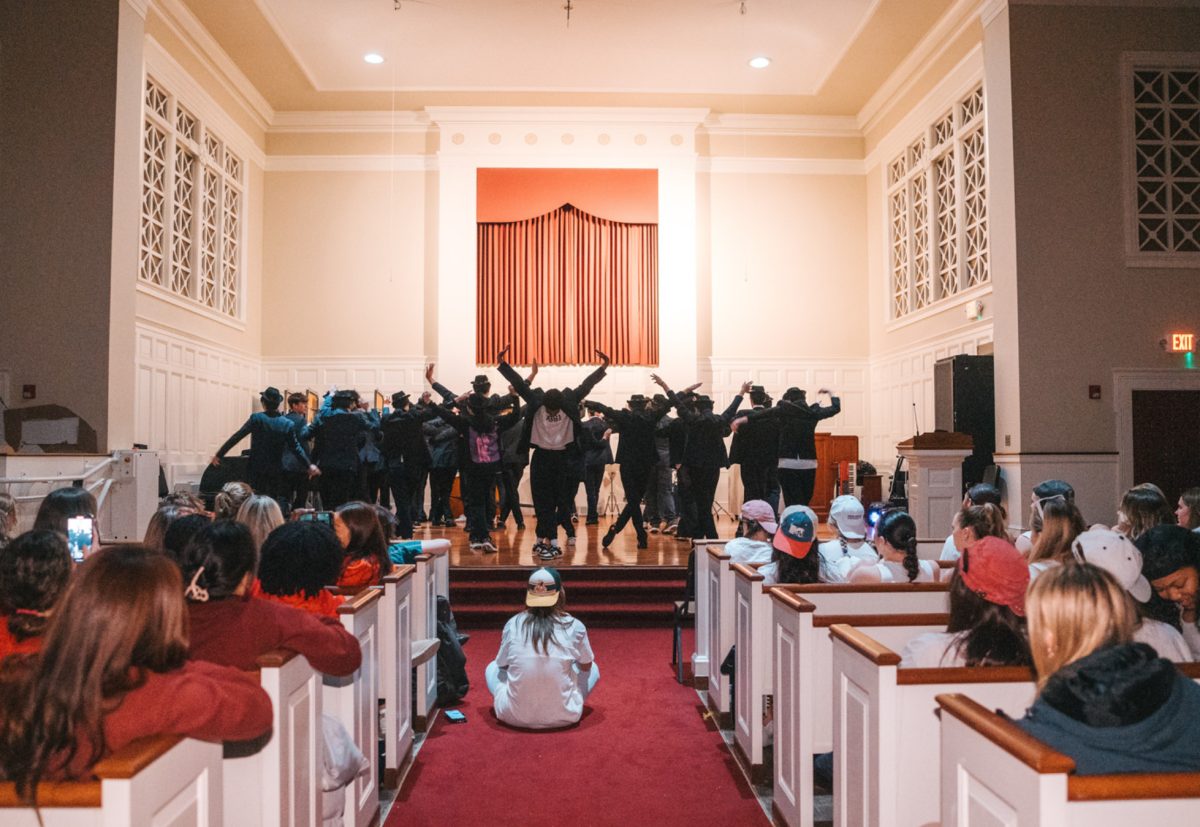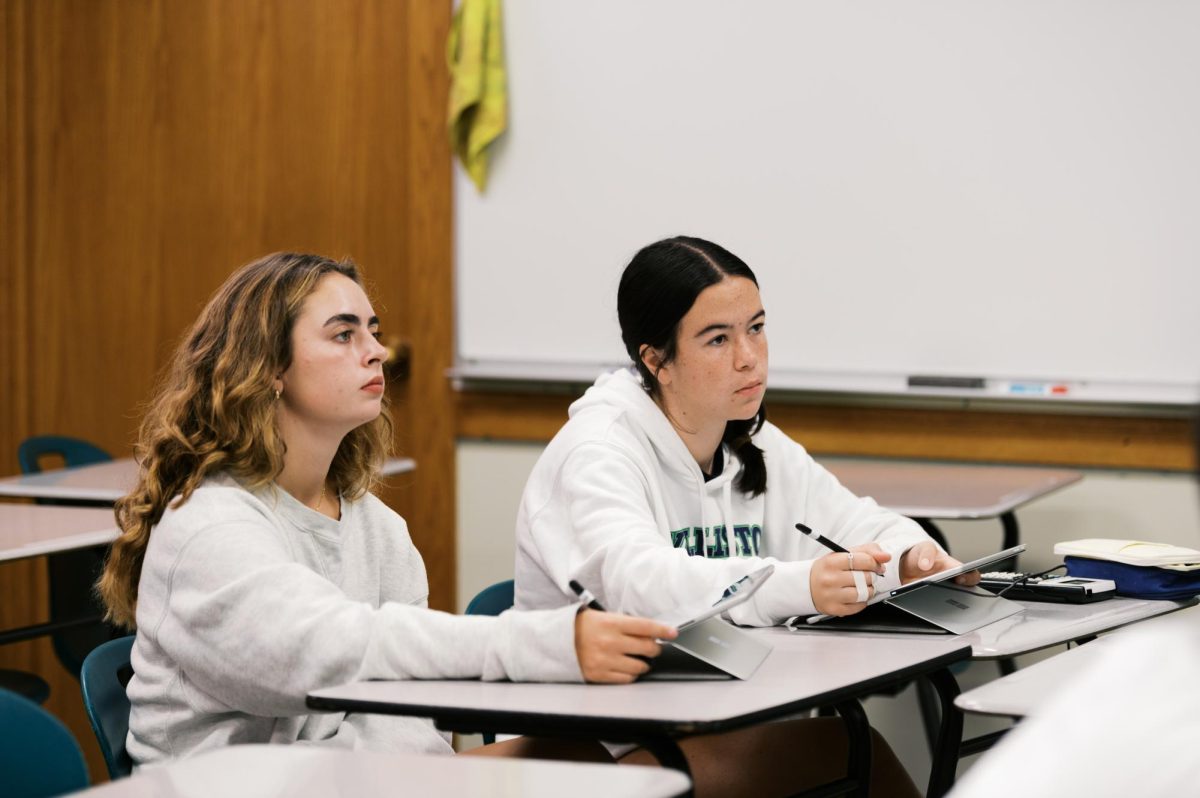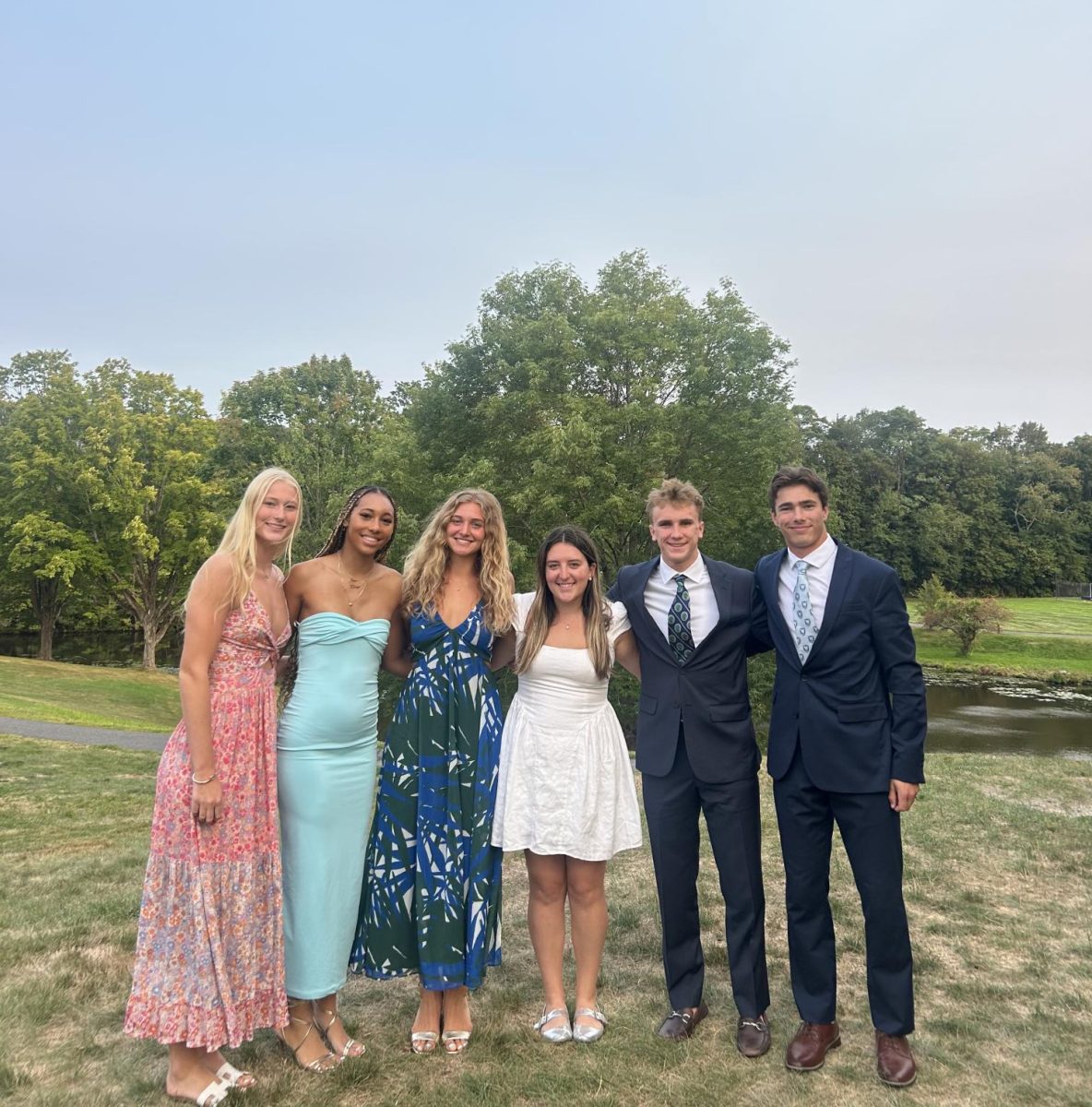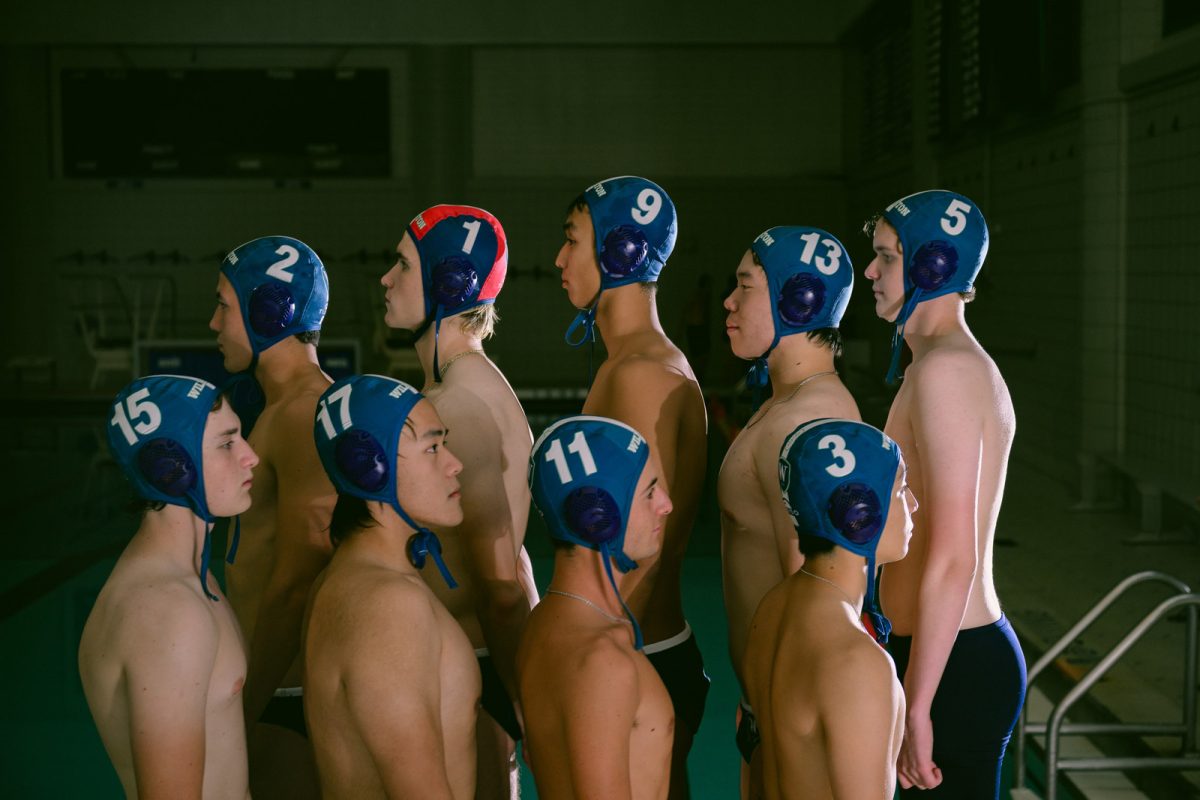The junior’s soccer team is not at all what I expected. When I showed up to their practice the entire team was on the Galbriath field about 15 minutes early. When practice officially kicked off, they were all business as they ran an opening lap, splitting themselves into neat groups of two. They encouraged each other, and it was clear some natural leaders were taking charge as they went through a series of stretches and then donned blue or orange pinnies for a short passing drill. When coaches Kurt Whipple and Kyle Hanford told the team to bring it in, they brought it in—immediately. They may have fidgeted a bit as Hanford and Whipple gave instructions, but no more than any other athlete eager to take the field would.
And when they sprang into action, it was in a controlled way, a sense of determination apparent on their faces and in their movements. Oliver Hoyt, a new team member, was quick to place the credit for his and the team’s success squarely on the coaches.
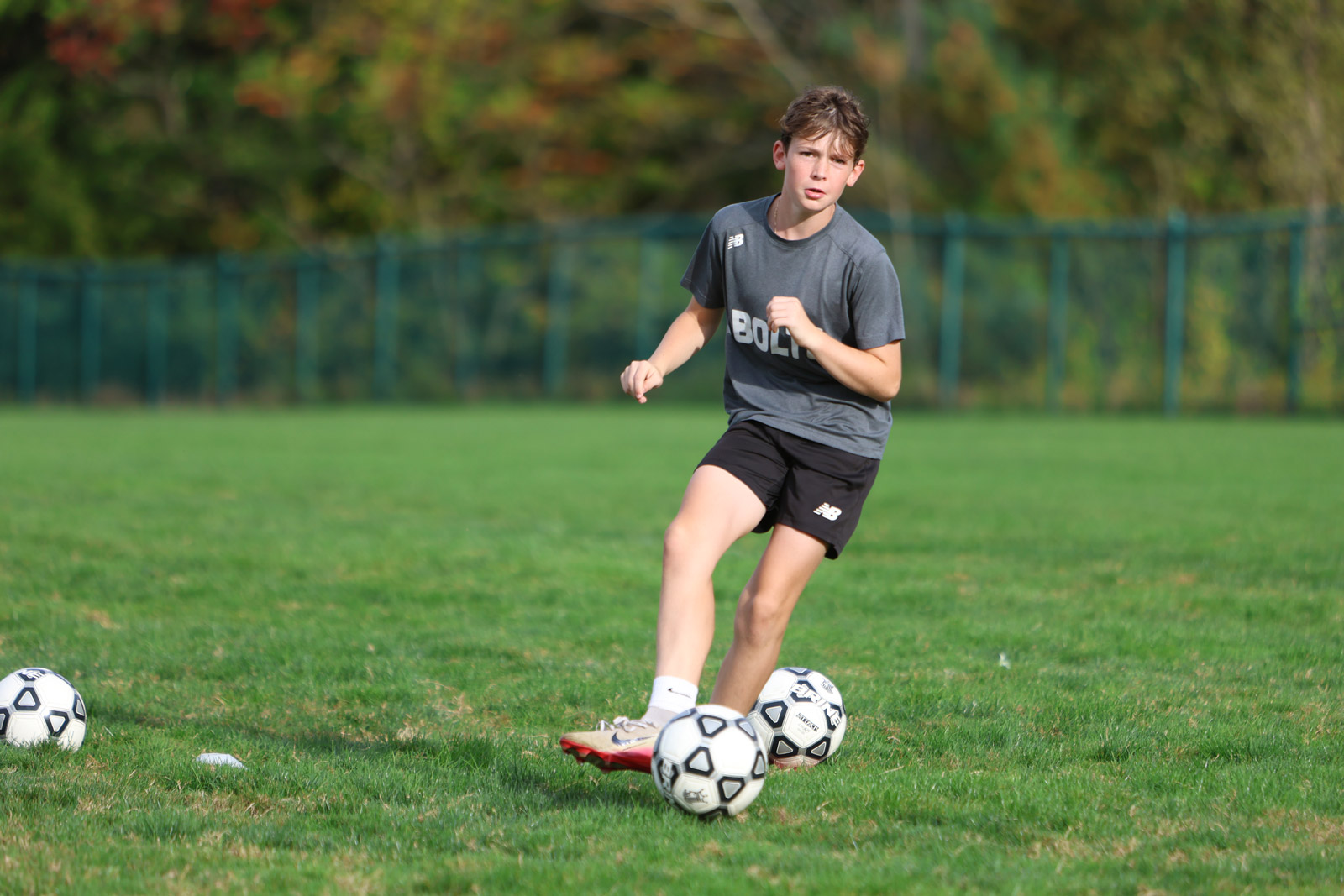
“The coaches are really hard but in a good way,” said Hoyt, who had never played soccer prior to joining the junior’s team but is already looking forward to joining the JV team.
“We’re really competitive,” he added before rejoining his teammates and beginning another drill, this one involving passing in a specific order before an opponent broke into their box and attempted to steal the ball.
The junior’s team is already building a strong foundation: they beat Wilbraham & Monson, 6-1, in their opening match on Sept. 17., then on Sept. 24, they lost to Kingswood Oxford away.
Their competitiveness doesn’t diminish or negate what’s clear to see as well, which is how welcoming and inclusive the team is, and how excited they all are to be out there. At a boarding school, whose varsity team recruits players from all over the world, here you have another end of the spectrum. This team is about building sport from the ground up, in the way that teaches kids what it means to be a teammate.
“I like how we are always working together,” Thomas Crump said. “Some teams don’t pass to people that are new, but that’s not the feeling on this team.”
Crump is speaking to a larger truth: for many of these students, it’s their first time on a soccer team. And yet the coaches, with a mix of humor and heart, are as adamant about having fun as they are about ensuring the players learn some new skills and build confidence in the process.
Hanford looked over the team in a characteristic mix of admiration, appreciation, and a lightheartedness borne out of coaching the team for the past three years, and of working with thousands of teenagers in his 15 years at Williston.
“They’re serious,” Hanford told me. “They know the game. They get here early; they want to play. They just love being outside and they enjoy each other.”
In a world where sports, even at the earliest stages, tend to focus on being the best against the other team, this group is about being the best for each other.
He offered a quick bit of instruction to eighth grader Zach Kirouac on a more efficient way to receive a pass, and then pulled him aside to offer a few quick words of encouragement. I saw Whipple—in his 29th year at Williston—do the same thing, push the players while also remaining positive.
Jack Binnall, a new eighth grader, came by the bench for a quick water break.
“Being on a junior team, everyone gets to have a good time, and everybody’s very respectful,” Jack said. “And we’re getting better.”
Hanford’s arms were crossed as he assessed the team, which seemed to be operating smoothly and without any assistance needed. “At times it feels like recess,” he joked, “but this is their World Cup.”



